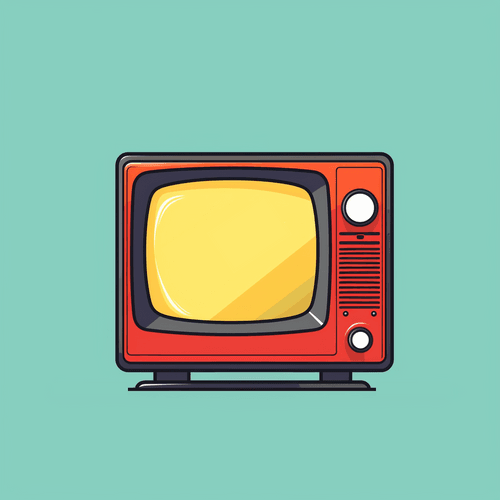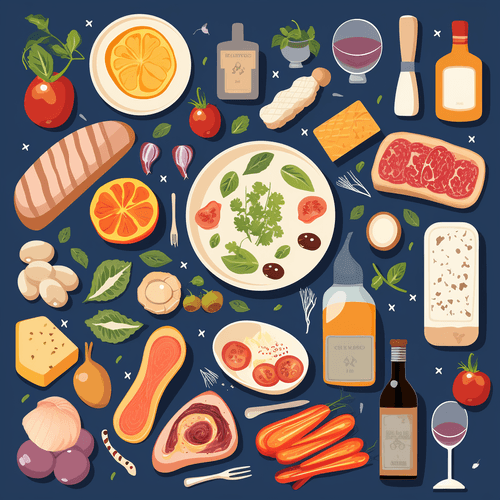psychology
/psychology310
Unraveling the human mind & behavior
I very like psychology
I have some ideas on how to solve this, but I’d love to get your take on how to approach it—
Goal:
Build an autonomous safety net that can (1) recognize when Alex is slipping and (2) apply aid that actually lifts him, without pulling explicit effort from his friends or from Alex himself.
Problem framing:
At its core, we’re trying to deliver meaningful support to Alex—catching or soothing his distress—without leaning on Sarah (or any of her 20 analogues) and, in one scenario, without requiring any active involvement from Alex himself. In other words, how do we detect “Alex needs a boost” and then actually give him one, while keeping both Sarah-style friends and Alex himself out of the loop?
Goal:
Build an autonomous safety net that can (1) recognize when Alex is slipping and (2) apply aid that actually lifts him, without pulling explicit effort from his friends or from Alex himself.
Problem framing:
At its core, we’re trying to deliver meaningful support to Alex—catching or soothing his distress—without leaning on Sarah (or any of her 20 analogues) and, in one scenario, without requiring any active involvement from Alex himself. In other words, how do we detect “Alex needs a boost” and then actually give him one, while keeping both Sarah-style friends and Alex himself out of the loop?
A man was crossing a river by boat when a boat was about to hit him. He shouted several times, but there was no response from the boat in front of him. He got very angry and started to curse the people on the boat in front of him. Later, he found out that the boat that hit him was an empty boat, so his anger suddenly disappeared without a trace.
Have you ever thought that your quirks are not a bug but a feature? The irony is that the world often craves "normality," yet it’s those who turned their quirks into a trademark who get rich. Do you have any quirks of your own? For example, I love spending time alone—not everyone gets it, but I doubt it can be monetized. Or can it? Need to think about it 🤔
P.S. If you suddenly monetize a love for solitude—I take 10% for inspiration))
P.S. If you suddenly monetize a love for solitude—I take 10% for inspiration))
the six emojis men use more than women (science, duh):
💩🔥🤯😱💯🙏
full article: https://link.springer.com/article/10.1007/s12144-025-07816-w
💩🔥🤯😱💯🙏
full article: https://link.springer.com/article/10.1007/s12144-025-07816-w
We should normalize therapy as a society. There are so many broken adults that could benefit from such help.
currently live casting a training on TBI to my channel /amado so as not to spam any other channel :)
I like psychology
Today I felt the curiosity to follow up on this issue and I found this.
Morden life is causing much more loneliness than I had realised and whole industries are being setup to exploit it.
Is this where all our societies are headed.
https://youtu.be/WoeeMLCopu8
Morden life is causing much more loneliness than I had realised and whole industries are being setup to exploit it.
Is this where all our societies are headed.
https://youtu.be/WoeeMLCopu8
My therapist said something really interesting yesterday. She said our unconscious mind is basically our soul, like this timeless storehouse of all our knowledge and experience. It reminded me of that scene in Interstellar where he's in the black hole and sees himself and his room, like his whole life is laid out at once
women catch the worst smoke from big pharma—pitched pills to numb the feels on one end, then slung magic beans to shrink into that girly ‘fit’ ideal on the other
men, really boys, were sold on ADHD for a while with adderall, but we mostly understand that as bad now. in reality, they mostly just needed to be active instead of caged.
men, really boys, were sold on ADHD for a while with adderall, but we mostly understand that as bad now. in reality, they mostly just needed to be active instead of caged.
The theory that depression is caused by a brain chemical imbalance, is a hypothesis recanted by its originator decades ago due to lack of evidence—
the main areas of serotonin research provide no consistent evidence of an association between serotonin and depression (not even correlation, let alone causation).
BIG PHARMA << behavioral activation
https://youtube.com/watch?v=xHjIIeMI7W0
the main areas of serotonin research provide no consistent evidence of an association between serotonin and depression (not even correlation, let alone causation).
BIG PHARMA << behavioral activation
https://youtube.com/watch?v=xHjIIeMI7W0
toxic positivity is the pressure to only display positive emotions and suppress or dismiss any negative feelings—even when those negative emotions are valid and appropriate.
in other words:
it’s the idea that “no matter how bad things are, you should stay happy, grateful, or optimistic.” on the surface, it looks like encouragement, but underneath, it invalidates real human experiences.
in other words:
it’s the idea that “no matter how bad things are, you should stay happy, grateful, or optimistic.” on the surface, it looks like encouragement, but underneath, it invalidates real human experiences.
What do you think important in psychology health?
I'm attracted by maturity. Immaturity is such a turn off
It is very important to treat your mental health.
Do you want to feel @calmer too?
Very very very creative and useful frame 💚👏👏
https://calmer.onfc.xyz?sid=223e09d0-9f9e-4799-b864-91f8c6c33248
Very very very creative and useful frame 💚👏👏
https://calmer.onfc.xyz?sid=223e09d0-9f9e-4799-b864-91f8c6c33248
the need to be in control of everything, is a trauma response
Jealousy is a disease, it shows you have low self esteem that's why you're envious of someone else
Do you have any really good tips on how to calm down when you have an anxiety episode?








